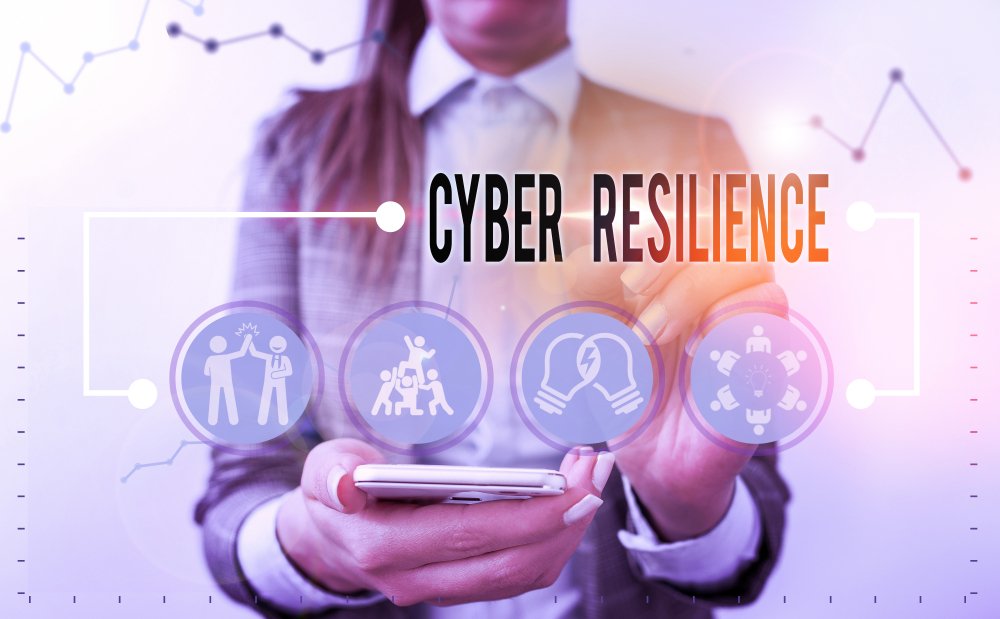On average, hacking attempts happen every 39 seconds to electronic devices connected to the internet, according to the University of North Georgia. Even worse, this rate has greatly increased during the COVID-19 pandemic since more people are now using the internet. Many cybercriminals are using the COVID-19 subject to lure people into clicking on malicious links, opening spam messages, and revealing personal information, says Interpol.
While small businesses were at a higher risk of cyberattacks before the pandemic due to unsophisticated security, large businesses have now become targets too. This is because of the remote-working networks that most large corporations have built to enable their employees to work from home. That said, here is why your business needs cyber resilience in a COVID-19 world.
Cyberattack Tactics Have Changed
Because many Americans fear the current coronavirus pandemic, they are gathering as much information as they can concerning the pandemic in an attempt to stay safe. Most of the information is being gathered online. The bad news is that cybercriminals are using this search for information related to COVID-19 to send malware through malicious links masquerading as government websites. Considering that a bigger portion of your workforce is working from home, your business network is at a higher risk from such links. The best way to avoid cyberattacks in this manner is to educate your employees to refrain from clicking on malicious links. You can also block spam messages from your computer network for enhanced cybersecurity.
Cybercriminals are Working Full-Time
Following the movement restrictions and social isolation rules to curb the spread of COVID-19 in the US, more than 90% of Americans are stuck at home and working through their electronic devices. The same case applies to cybercriminals, who are now attacking systems like never before. In other words, your network system faces an even bigger risk of cyberattack in the COVID-19 world in the form of phishing, malware, data breaches, and password attacks. For these reasons, the Federal Bureau of Investigation (FBI) recommends taking the following measures in your business to prevent cyberattacks during the pandemic.
- Using strong antivirus software and keeping them up to date.
- Examining links before clicking on them
- Installing a powerful security system
- Logging into your devices on a secure network
Employees Have Extra Freedom
Many companies have restricted their employees from visiting certain sites when working within the business premises. However, it’s now a different case since most employees are using their personal devices to work from home. Considering the monitoring is not as thorough, this puts your business network at increased risk of cyberattacks due to employee negligence. Even with restrictions in place, your employee can accidentally or intentionally visit forbidden sites or click on malicious links, which in turn open pathways for cybercriminals. Therefore, you should add extra protection to your business network system and emphasize training your employees about proper safety measures when using the internet.
Protect Your Business from Cyber Loses
Cyberattacks cost US companies about $200,000 on average, causing some companies to fail, as reported by CBNC News. As you shield your business from disasters such as fire, floods, earthquakes, and theft, you should also protect your digital assets, including intellectual property, employee’s confidential data, and business operation frameworks. Cyber-resilient businesses can survive cyberattacks, continue with business operations without interruption, and protect save their business finances.
Businesses large and small need to be cyber resilient in a COVID-19 world. For extra peace of mind, you should carry the right business insurance coverage. If you have additional questions about business insurance, contact the experts at CIA Insurance and Risk Management in Detroit, Michigan. We look forward to helping you with all your business insurance needs.
Post written by Sophia Najjar, President | Commercial Risk Management (CRM)
Comments are closed.




